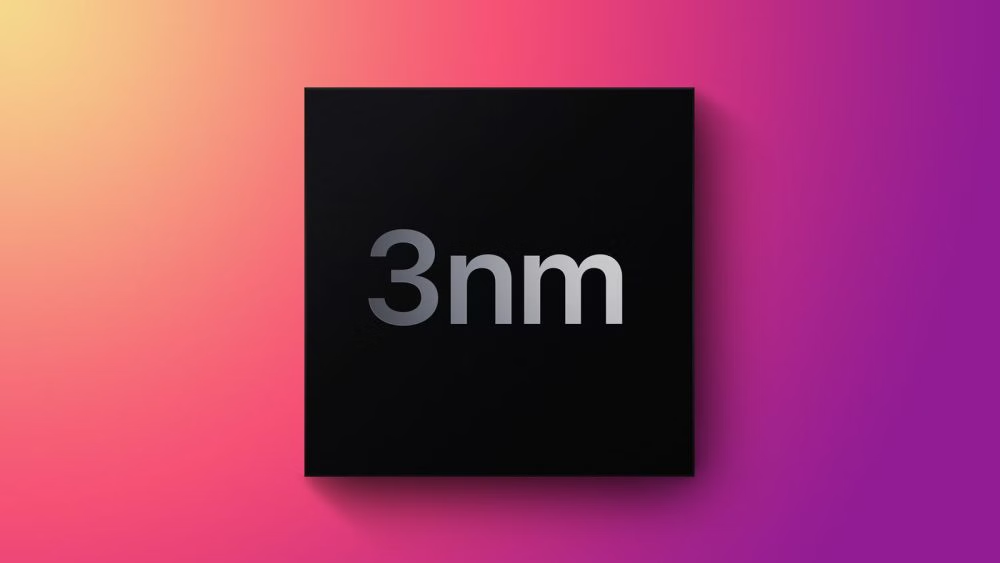Apple Inc. (AAPL.O) is reportedly collaborating with Anthropic, an AI startup backed by Amazon (AMZN.O), to develop a cutting-edge AI-powered vibe coding platform designed to revolutionize software development. According to Bloomberg News, citing sources familiar with the matter, the project involves integrating Anthropic’s advanced Claude Sonnet model into Apple’s Xcode development environment, aiming to empower developers with AI-assisted code generation, editing, and testing.
What is Vibe Coding?
The term vibe coding is gaining traction within the AI and software development communities. It refers to a new-age programming method where AI agents autonomously generate and refine code based on developer intent, essentially allowing programmers to vibe with the AI to create sophisticated applications faster and more intuitively.
This partnership signifies Apple’s growing interest in artificial intelligence and its commitment to modernizing app development workflows. The platform under development is expected to significantly streamline coding by leveraging natural language inputs and contextual AI suggestions, transforming how apps are built on Apple devices.
Integration with Anthropic’s Claude Sonnet Model
Apple’s new vibe coding initiative will feature Anthropic’s Claude Sonnet, a powerful generative AI model known for its ability to understand and produce human-like code and text. The Claude model will be embedded into the next version of Xcode, making it an intelligent assistant for developers working within Apple’s software ecosystem.
While Anthropic has declined to comment on the collaboration and Apple has yet to respond to media queries, insiders claim the tool is already being tested internally at Apple. However, the tech giant remains undecided on when—or if—it will release the product to the public.
Apple’s AI Coding Evolution: From Swift Assist to Vibe Coding
This isn’t Apple’s first attempt at incorporating AI into its development tools. In 2023, the company announced Swift Assist, an AI-powered coding assistant for Xcode that was slated for a 2024 release. Despite the hype, Swift Assist never made it to public launch. Internal concerns about its effectiveness and the potential to slow down app development contributed to its delay, Bloomberg reported.
Now, with the Claude Sonnet-powered platform, Apple appears to be taking a more advanced, comprehensive approach, one that aligns with the broader AI boom across the tech industry.
Competition Heats Up in the AI Coding Space
Apple’s renewed push into AI-assisted development tools comes amid an industry-wide race to dominate AI coding and developer productivity solutions. OpenAI, a pioneer in generative AI, is reportedly in talks to acquire AI coding startup Windsurf for approximately $3 billion, reflecting the growing demand and valuation of tools that blend artificial intelligence with software development.
Major players like Google, Microsoft (with GitHub Copilot), and Amazon are all investing heavily in similar technologies. Apple’s entry into this competitive arena, especially through a partnership with a well-funded startup like Anthropic, underscores its intent to remain at the forefront of innovation.
Apple’s Broader AI Strategy
This development also ties into Apple’s broader strategy to integrate AI capabilities directly into its hardware and software ecosystem. The company has been equipping its latest devices—iPhones, iPads, and Macs—with custom AI chips designed to process machine learning tasks locally, improving privacy, speed, and performance.
Apple has also begun incorporating on-device AI features that allow users to tap into tools like OpenAI’s ChatGPT without relying on cloud-based processing. These efforts demonstrate Apple’s commitment to bringing AI closer to the end user—both consumers and developers.
A New Era of Developer Tools
As Apple and Anthropic continue to refine their AI vibe coding platform, the future of app development on Apple devices is poised for transformation. With powerful AI integrations, real-time code generation, and intuitive development interfaces, Apple could redefine what it means to code in the modern age.
Whether this technology reaches the public in the near future or remains an internal advantage, one thing is clear: AI is becoming an inseparable part of the software development lifecycle, and Apple wants a leading role in shaping that future.



